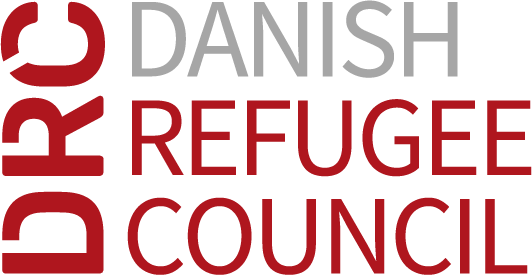Austrian Development Agency supports returnee families in Kosovo
On 15 September 2013, Danish Refugee Council (DRC) began implementing a one-year BPRM-funded project that will support at least 26 families returning to Kosovo from Serbia and their wider communities.
DRC is happy to announce that the Austrian Development Agency (ADA), the operational unit of the Austrian Development Cooperation, will support the return and reintegration of returnee families.
With this contribution from ADA, DRC will be able to provide three families that will be returned this year with income generation grants and needs-based harmonized return packages in line with MCR’s guidelines on return.
The families are in the process of being selected. Minor shelter repairs for these families should start in October 2013 and be finalized in November 2013.
DRC, in partnership with LNGO Center for Peace and Tolerance, will employ an integrated response to returns and reintegration. The project activities are divided into three complementary and inter-related components that will address the most important socio-economic reintegration needs and aim to reduce isolation of returnees using a rapid and flexible approach. The project is implemented in partnership with the Ministry for Communities and Return and respective municipalities. DRC signed a MoU with MCR on 25 September 2013 that outlines the cooperation.
Read more about the Reintegration and Community Stabilization in Kosovo Project


